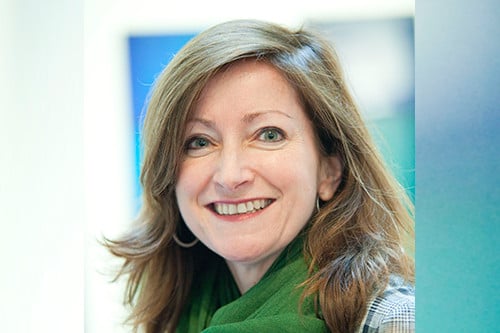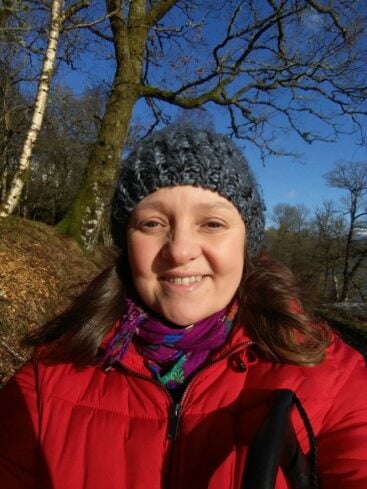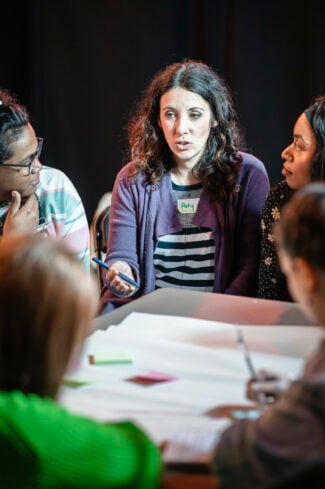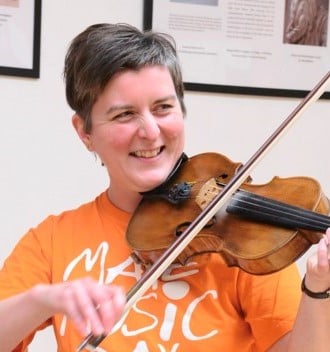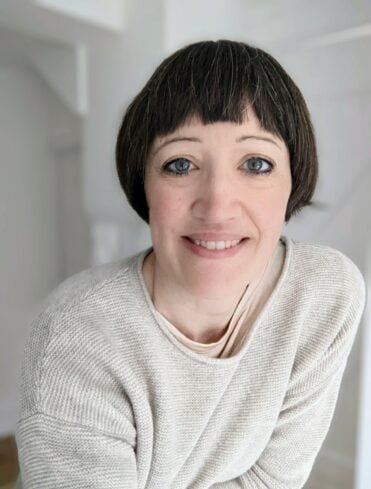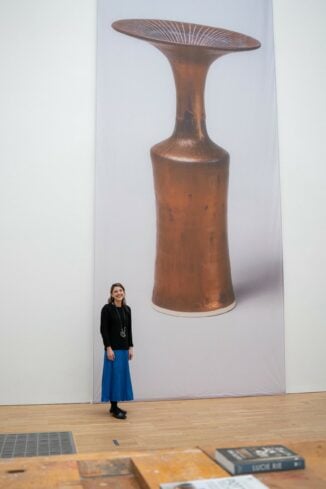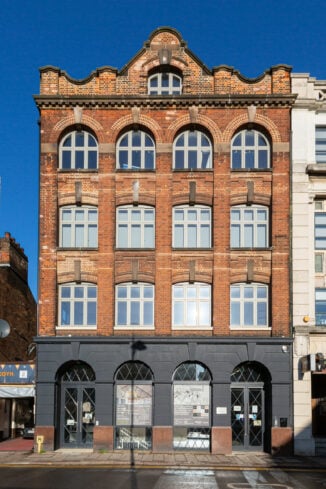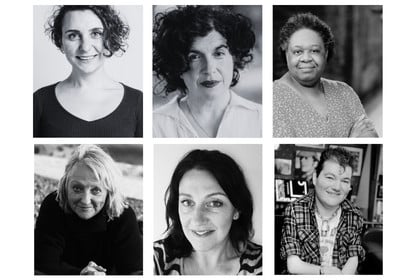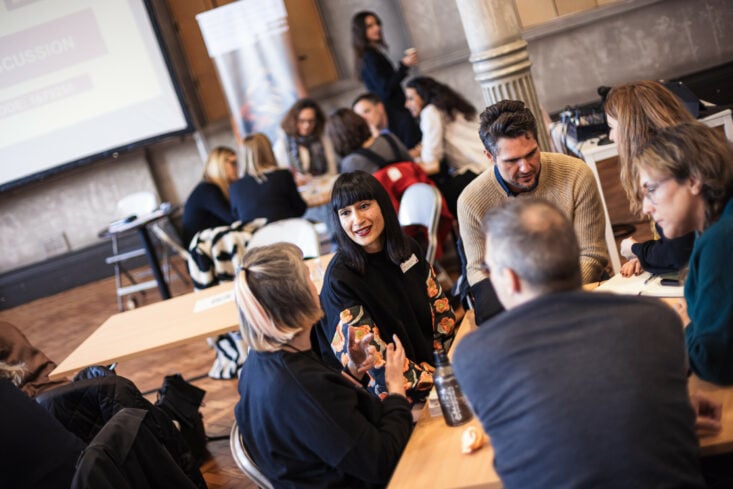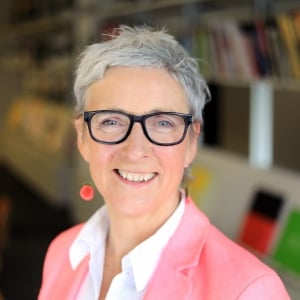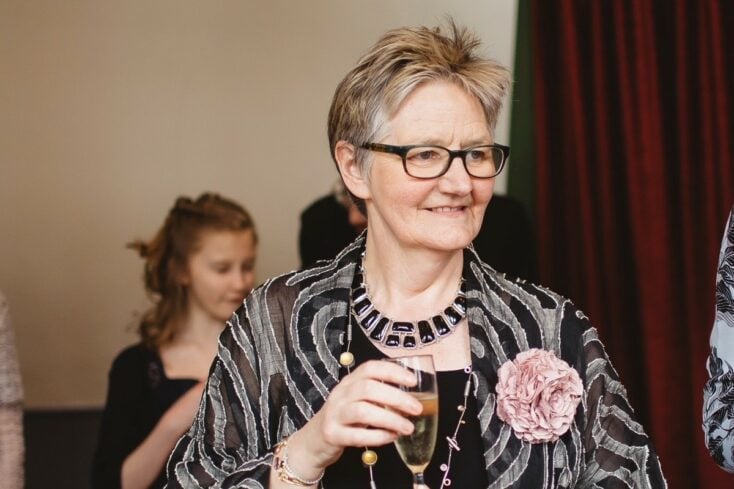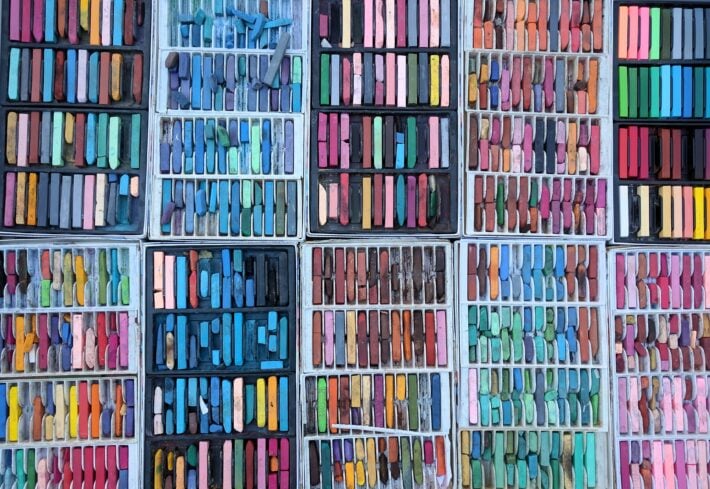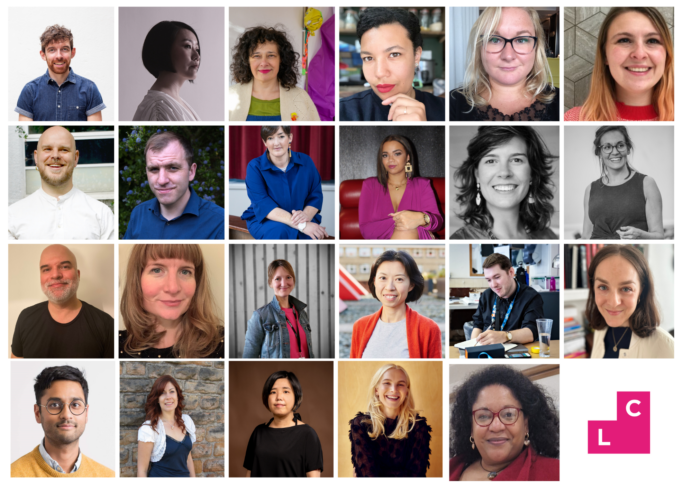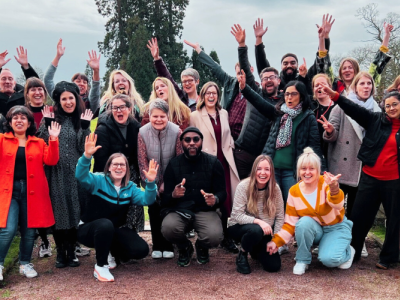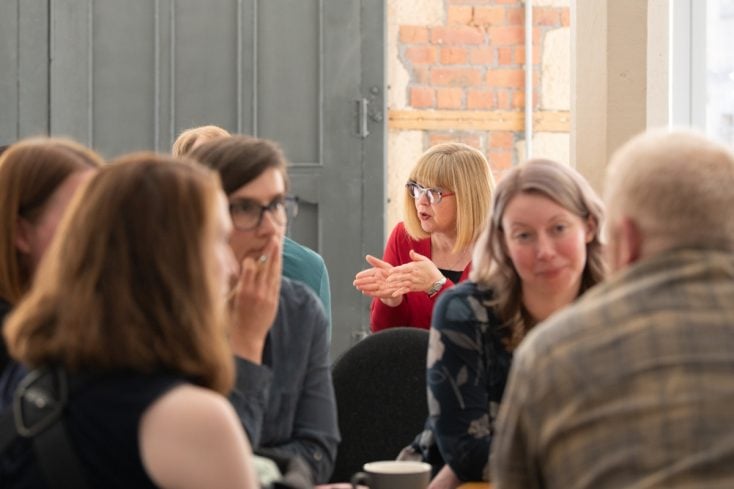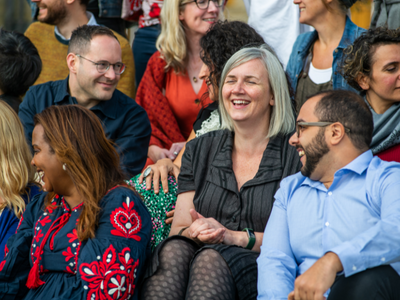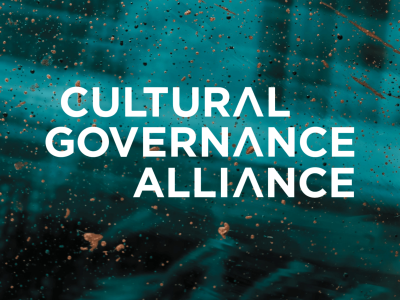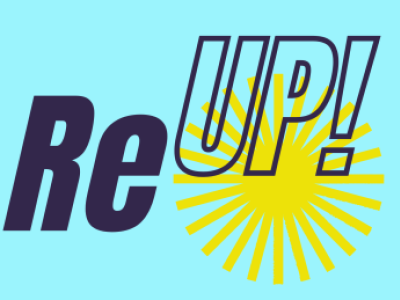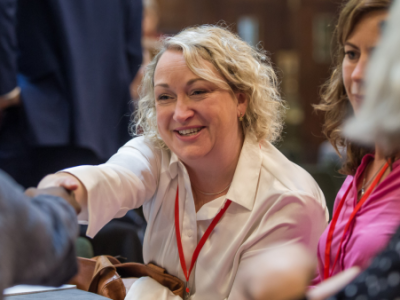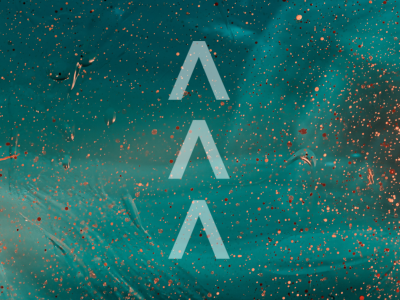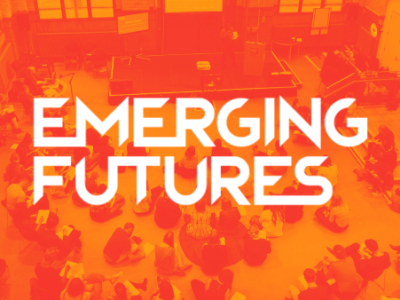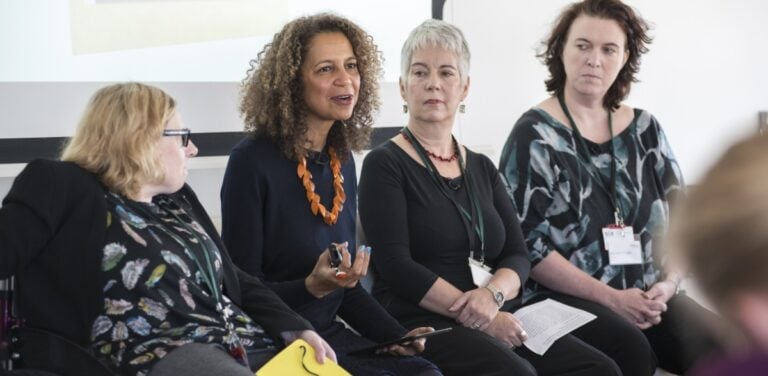Riding the Waves

When the storm hit in March and waves started rocking the entire theatre industry and the Fuel boat with it, I felt myself and the incredible Fuel team instinctively reaching out for and holding on to our values to keep us steady. Our sense of purpose was rocky – we were cancelling project after project, week by week, month by month, ‘unproducing’ shows and engagement activities which had taken us, in some cases, years of energy and creativity to put together, but our values seemed to be keeping us stable.
The first few weeks were all about what we couldn’t do any more: we couldn’t be together as a staff team or with the freelancers we work with, couldn’t deliver our programme, couldn’t follow through on plans with partners, couldn’t share our work with audiences. We also couldn’t get our budget to stack up, or our cashflow, as we watched 74% of our income drop away. Funding from Arts Council England has been 8-9% of our core income for the last two years, with around 65% of income earned through the work we do. All that disappeared within weeks. We were grieving and anxious.
We were also busy. We contacted every freelancer expecting to work with us until the end of June and reassured them that we would pay them, and fast; we emailed 250 freelancers we have worked with recently and shared any information we had, inviting them to check in with us online, share fears and concerns: none of it felt like enough. We supported NHS colleagues with their StayHomeSaveLives campaign : we wondered if we were the right people to be doing this. Our production and technical team agreed that they would be furloughed: we didn’t know what that meant yet. We shared a budget and cashflow with our Board which would have made any trustees’ eyes water: they said we were doing well, given the circumstances, that they were there for us and that we would meet more regularly.
After a few weeks of struggling with all this loss, I felt an instinct to gather our energy around what we could do instead. I pulled together all the positive ideas which had been popping up from the team into one document, and tentatively described it as a ten-point plan for the rest of 2020. I sent it to the team and they replied with brilliantly creative and pragmatic responses, leaning in to the crisis. Later, as an exercise in transparency, we shared it online.
That document gave us a short-term sense of purpose. To look after ourselves and each other (point 1), we encouraged each other to take time; for our permitted exercise; to reorganise our lives; to work flexibly around caring responsibilities – and not to feel guilty. To support freelancers more (point 2), we started with a public offer of support for anyone applying for ACE and other emergency funds. Four Fuel producers worked with 54 individuals or companies in 3 weeks, submitting 46 ACE applications, of which 40 have been successful so far. We started producing again – a live project online and streaming a show on YouTube. We asked two inspiring colleagues, François Matarasso and Lara Lloyd to help us think better together.
But alongside this sense of progress at Fuel, I was in Zoom meetings with leaders of venues sharing the very real and urgent threat of redundancies, closure and insolvency, longstanding partners under a whole world of strain and pressure. It became clear Fuel would not be eligible for an emergency grant from ACE because our financial crisis would come later than 30 September. We felt rising panic that we would ‘hit the wall’ when the government and Arts Council had moved on, or spent all the available resources. Dark clouds on the horizon. I called independent producers and touring companies to talk about how this situation was affecting us in different ways, on different timelines.
I also felt a strong current pulling me towards the acute situation developing for the self-employed, who make up 70% of the theatre workforce. Last year, Fuel delivered its programme with a staff of 18 and 323 freelancers: the self-employed theatre makers we work with are Fuel – we are nothing without them. They need recognition, solidarity, financial security, and a voice in conversations about how we survive this and ‘build back better’. Universal Credit is around £94 per month for a single person over 25 with no other income; the SEISS scheme doesn’t cover everyone. Whilst unions are working hard, many freelancers are not members and feel isolated.
So, with the freelancers Fuel works with, and the group of touring companies I had initiated, we wrote an Open Letter to Theatre and Performance Makers, signed by over 100 arts organisations, holding within it the offer of a Freelance Task Force, a mechanism to get some freelancers paid time to represent and advocate for themselves in their own voices – urgently. The collaborative work behind this – at speed – has been inspiring, challenging, exhausting, exhilarating – and a big, ongoing learning curve.
So where are we now?
As an industry, we are in real danger. The financial cliff edge is getting closer, with some organisations having sadly already fallen over, as we work through our funding, reserves, and learn furloughing and SEISS will both end long before theatres can reopen. As we panic, we risk starting to isolate, protect our own interests; the loudest voices offer binary choices – burn down the establishment or save it at all costs. And in every conversation, the questions of representation: whose voices are being heard? How can we open up and join up? How can we work fast, with impact, whilst taking time to listen, be open, transparent, inclusive?
And for Fuel, what is our purpose in this new world as it develops and unfolds? How can we move forwards? Our thinking is centring around care: care for and about artists, care for our team, care for our audiences and care for our world. What potential for transformation might this moment, with its heady mix of utopianism and dystopias, hold within it? How can we unlock that? Can we find a language that moves beyond the screaming headlines (which are essential right now to make the case as clearly and loudly as we can), which recognises this is absolutely a moment for innovation, experimentation, aspiration and idealism but also that the political and economic realities we face really stifle those creative processes? If the arts ecosystem as a whole gets the financial support it needs, I can see the power which could be unleashed: to make real, lasting, transformational change to our relationship to the environment, to creativity, and to social justice. As this goes to print, the protests being
covered by the media around deep rooted racial injustice and the Black Lives Matter movement are also, of course, creating urgent questions about how Fuel could and should do more, better and differently now, and in the future.
One day soon, we will breathe the same air as our artists and audiences once again. The fresh, salty sea air you get after a great storm. In that moment, perhaps we can all look each other in the eyes and silently commit to playing our part, however large or small, in that transformational change.

